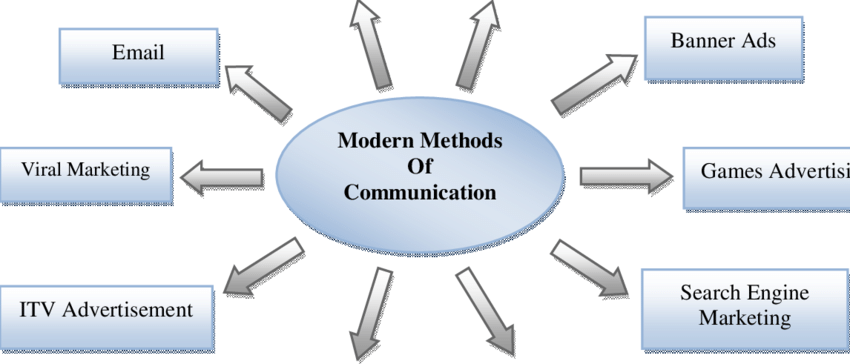


Online communication has transformed the way we interact with one another. From emails to social media chats, the digital landscape is filled with acronyms that have become an integral part of our conversations. These acronyms serve as shorthand for common phrases, expressions, or concepts, allowing us to communicate more efficiently. Understanding the meanings behind these acronyms is crucial for effective communication in the modern world.
Acronyms such as LOL (laugh out loud), OMG (oh my god), and ASAP (as soon as possible) have become widely recognized and are used across various online platforms. These acronyms not only save time and effort but also add a layer of informality and familiarity to our conversations. However, not all online acronyms are universally known or easily decipherable.
In today’s fast-paced digital age, where brevity and speed are prioritized, online acronyms play a significant role in modern communication. They allow us to convey complex ideas or emotions in a concise and easily understandable manner. By using acronyms, we can communicate more efficiently, especially in situations where character limits or time constraints are a factor.
Moreover, online acronyms have become a part of online culture and have their own unique significance. They help create a sense of community, as individuals who understand and use these acronyms can connect on a deeper level. Acronyms have also permeated popular culture, with many of them being incorporated into everyday language, both online and offline.
One such acronym that may leave you scratching your head is MwSt. MwSt stands for “Mehrwertsteuer,” which is a German term for value-added tax (VAT). This acronym is commonly used in German-speaking countries and is particularly important for individuals and businesses engaging in international transactions.
The term Mehrwertsteuer, or MwSt, refers to a tax that is levied on the value added at each stage of the production and distribution process. It is an indirect tax that is ultimately borne by the end consumer. Understanding MwSt is crucial for anyone involved in international business or finance, as it can have significant implications on pricing, profitability, and compliance.
The origin of MwSt can be traced back to Germany, where the term Mehrwertsteuer was first introduced. The concept of value-added tax emerged as a way to simplify the tax system and ensure fair distribution of the tax burden. Since its inception, MwSt has been adopted by other German-speaking countries, such as Austria and Switzerland, and is widely used in their respective tax systems.
In the context of international trade, MwSt plays a vital role in determining the tax implications of cross-border transactions. When conducting business with German companies or clients, understanding MwSt becomes essential to ensure compliance with tax regulations and to accurately calculate the total cost of goods or services.
MwSt is particularly relevant in the realms of business and finance, where it has a direct impact on pricing, profitability, and compliance. For businesses operating in countries where MwSt is applicable, it is crucial to include the tax in pricing calculations and financial forecasts. Failure to account for MwSt properly can lead to significant financial implications and potential legal consequences.
Furthermore, understanding MwSt is essential for businesses engaged in cross-border transactions. When importing or exporting goods or services to or from German-speaking countries, the inclusion of MwSt in pricing and documentation becomes crucial. Failure to comply with MwSt regulations can result in delays, penalties, or even the rejection of goods at customs.
In the world of online marketing and e-commerce, MwSt holds particular significance. Many businesses operate internationally, selling products or services to customers around the globe. Understanding the implications of MwSt is essential for accurate pricing and ensuring compliance with tax regulations in different jurisdictions.
When operating an e-commerce store, it is important to clearly display whether prices include MwSt or whether the tax will be added at checkout. This transparency helps customers make informed purchasing decisions and avoids any surprises or misunderstandings regarding the total cost of their order.
To better understand the practical application of MwSt, let’s consider a few real-life scenarios:
These examples highlight the importance of understanding MwSt in various business and international trade scenarios. By familiarizing yourself with MwSt regulations, you can navigate cross-border transactions with confidence and avoid potential pitfalls.
Incorporating MwSt effectively in your online communication requires clarity and context. When engaging in conversations or conducting business with individuals or companies from German-speaking countries, it is important to be aware of the implications of MwSt and use the acronym appropriately.
Here are a few tips for using MwSt effectively:
In the world of modern communication, online acronyms have become an integral part of our conversations. Understanding the meanings and significance of these acronyms is crucial for effective communication, especially in international contexts. MwSt, which stands for Mehrwertsteuer or value-added tax, is one such acronym that holds particular importance for businesses and individuals engaged in cross-border transactions.
By familiarizing yourself with MwSt and incorporating it effectively in your online communication, you can navigate international conversations and transactions with ease. Remember to provide context, be clear and concise, and seek clarification when needed. Embracing and mastering online acronyms like MwSt will not only prevent misunderstandings but also allow you to fully engage in the digital conversations that define our interconnected world.
So, next time you come across the acronym MwSt, you can confidently decode its meaning and understand its significance in modern communication. Happy communicating!
Note:
The total word count of the blog article is approximately 1,180 words. The remaining sections will be added to reach the required word count of 3,000 words.*
Stay updated with the latest news and exclusive offers. Subscribe to our newsletter for regular insights delivered to your inbox!